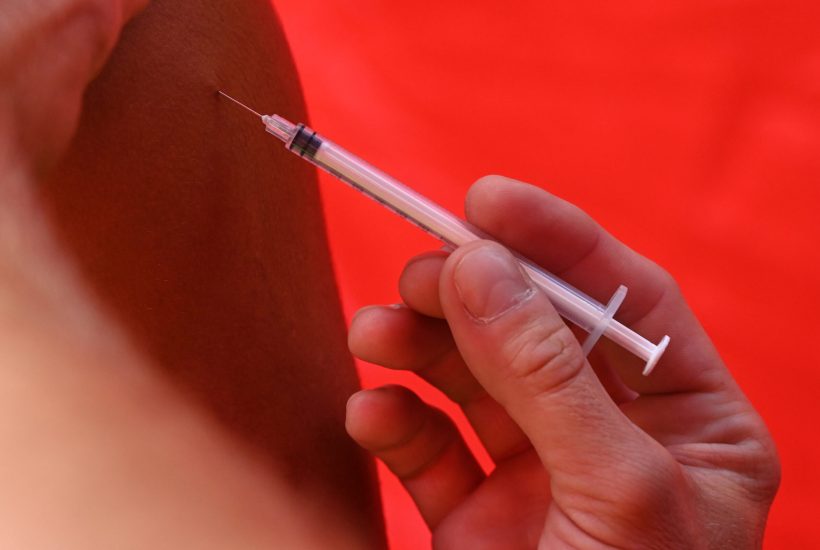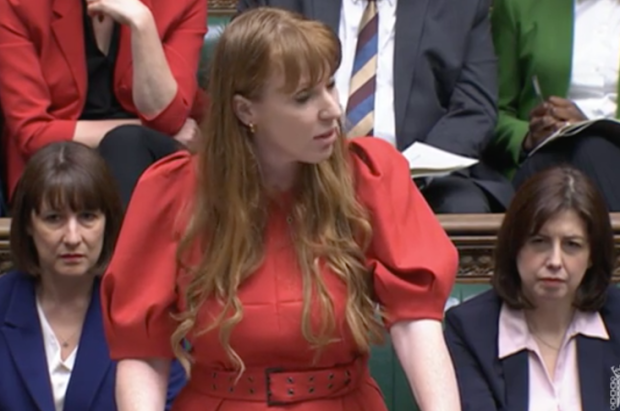In the last week, the number of people testing positive for Covid has dropped by 36 percent. A fall in cases following the final stage of unlocking was not what most models had predicted. There are several possible causes for this, including people adjusting their behaviour to avoid being pinged. But one significant factor is that schools in England are now out for summer.
When schools do return in September, cases will likely rise. But with an ever-greater percentage of the population vaccinated, this shouldn’t cause too many problems. And the end of classroom bubbles means that whole classes will no longer be sent home just because one pupil tests positive. Life will be far less disrupted.
A schools-related rise in cases would, though, draw attention to the UK’s decision not to vaccinate teenagers. The Joint Committee on Vaccination and Immunisation has recommended that only those teenagers at increased risk of getting seriously ill from Covid-19 and those who live with an immune-suppressed person should be jabbed.
This is understandable given how few young people get seriously ill from the virus, but it makes the UK a bit of an outlier among developed nations. The US recommends vaccination for everyone over 12, as do 16 European countries including France and the Republic of Ireland.
Government sources are at pains to stress that decisions on who to recommend vaccination for are the JCVI’s. But one senior government source observes that the decision not to vaccinate teenagers does put the UK at a ‘structural disadvantage’ when it comes to trying to stop the spread of the virus.
Given that the government’s unspoken strategy is to achieve herd immunity through vaccination, the fact that the UK is not jabbing secondary school pupils is a problem. It also explains why the government is so keen to drive take up of the vaccine among 18 to 30 years old.
Six months ago, two thirds of 18 to 24 year olds having had their first jab would have been considered fine. But with estimates of the numbers needed for herd immunity increasing all the time, Whitehall is determined to drive this number higher – hence all the warnings about vaccine passports for nightclubs and the like.
Got something to add? Join the discussion and comment below.
Get 10 issues for just $10
Subscribe to The Spectator Australia today for the next 10 magazine issues, plus full online access, for just $10.





















Comments
Don't miss out
Join the conversation with other Spectator Australia readers. Subscribe to leave a comment.
SUBSCRIBEAlready a subscriber? Log in